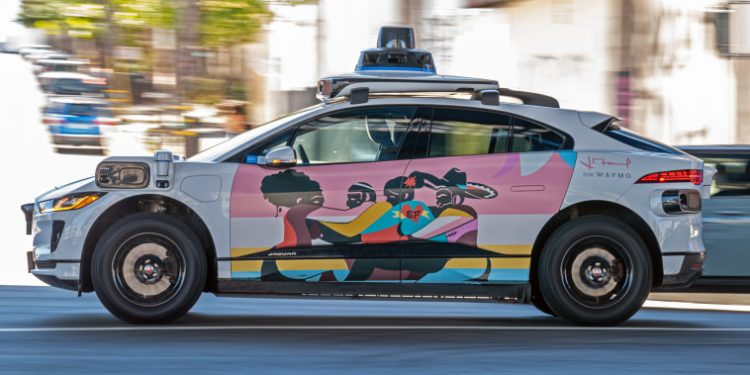Driverless cars have become a topic of heated debate with many people questioning their safety and their potential impacts to jobs and industries. California has recently become the first state to explicitly state that driverless cars are immune from traffic tickets by its existing laws. This sweeping new ruling could have significant impacts to automobile safety and traffic enforcement in California.
Self-driving cars offer many potential benefits, such as increased safety due to the decreased possibility of human error, improved efficiency in terms of fuel and electricity consumption, and increased convenience for the consumer. However, there are still questions about the safety of autonomous vehicles, and the legal ramifications of any accidents that may occur.
With the passage of the new rule, any owner of a self-driving car will now be able to operate it without fear of being ticketed for traffic violations. This is important because traffic tickets can be quite costly, and the potential for them to increase in the future is always a concern. With this new exemption, these costs to owners have been removed, making the purchase decision an easier and less risky one.
This ruling will also change the way police and other law enforcement personnel view autonomous cars when they are on the road. A ticket for a human driver can be issued if an officer observes a violation, but this will no longer be the case for driverless cars. This means that police will now have to rely on more subjective methods — such as deductive reasoning, or other methods of analytical investigation — to determine if a traffic violation has occurred. This could, in some cases, make it more difficult for law enforcement to reliably enforce traffic infractions.
Overall, the decision from the California government is an important step towards the wider acceptance of self-driving cars, as it signals a commitment to technology-neutral regulation. It will also ensure that the public has a clear understanding of the permissibility of these vehicles on the roads, and reduce the risk associated with their operation. It remains to be seen if other states follow suit, but this ruling could very well lead to a greater acceptance of driverless vehicles in the future.
















